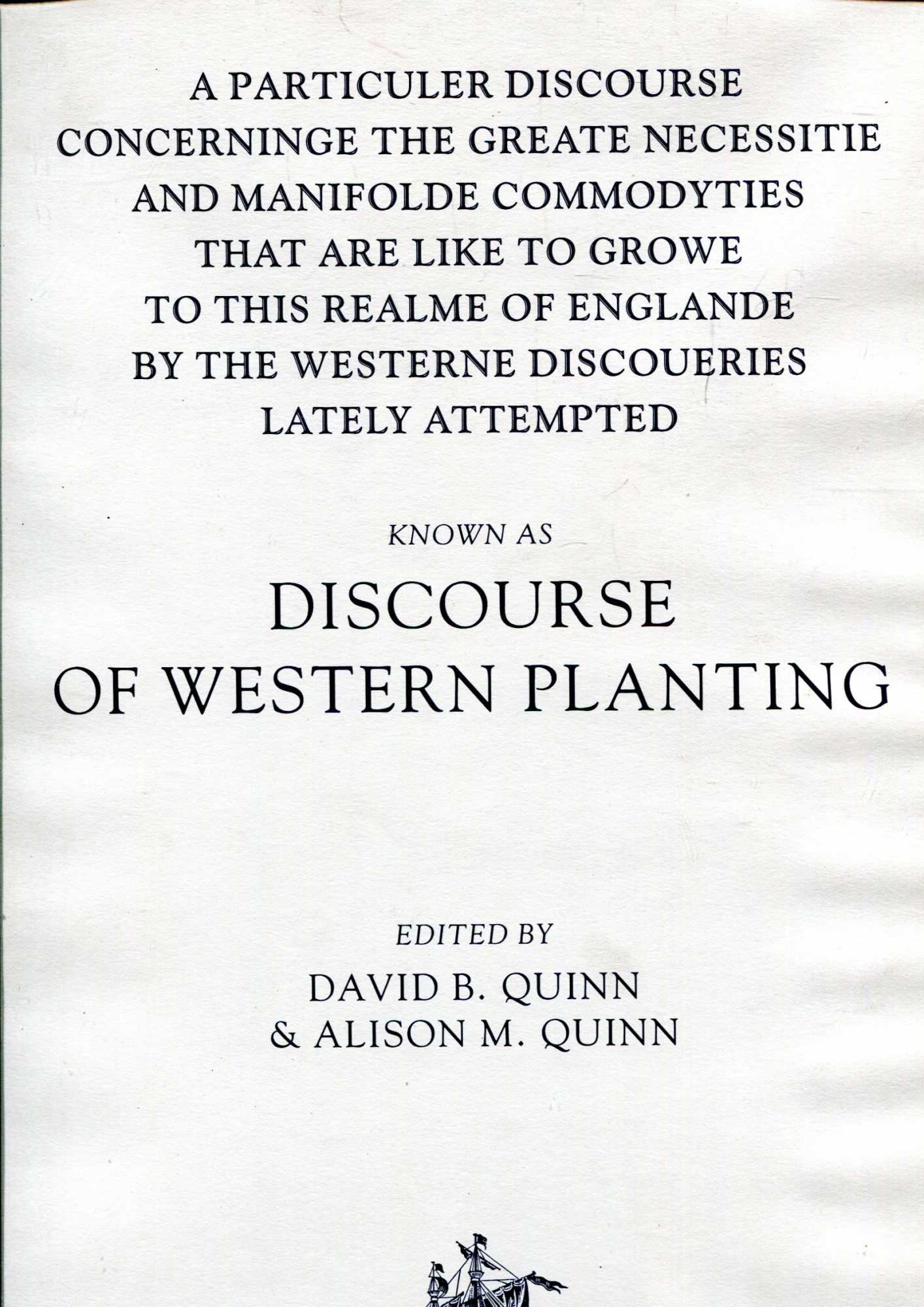Unlocking Growth: A Vibrant Discourse Concerning Western Planting Success

If you’ve ever stared at "A Discourse Concerning Western Planting" and wondered why it still buzzes in academic corridors centuries later, you’re not alone. My first run-in with this pamphlet felt a bit like opening a treasure chest only to find it full of coded maps—every argument loaded with double meanings, every phrase humming with purpose. But the moment I started treating Hakluyt’s work as a window into the collective psyche of Elizabethan England, everything snapped into focus.

Let’s unpack not just what this document is, but why it works so powerfully—and how understanding the psychological machinery behind it can supercharge your essays, presentations, or research.
Why This Pamphlet Grabs Us: The Psychology of Urgency and Fear
Back in 2017, during a seminar on colonial propaganda, our professor threw out a challenge: “Find the emotional trigger in Hakluyt’s writing.” I thought he was overreaching—until we dissected the opening lines together.
Hakluyt isn’t just laying out logical reasons for colonization. He’s tapping straight into psychology: specifically, fear of loss (Spain getting all the good stuff), social anxiety (what if England falls behind?), and hope for redemption (sending idle youths to build new lives). These aren’t random motivations; they are classic drivers of human behavior—loss aversion and social aspiration. Neuromarketing studies today confirm that framing choices as urgent (“seize this before others do!”) and tying them to group prestige compels action far more than dry logic.
What does this mean for you? If you want to understand—or explain—the real pulse behind "Western Planting", move beyond summary. Zero in on the emotions being stirred and ask: whom is Hakluyt flattering, frightening, or inspiring? That shift alone will make your analysis stand out.
The Anatomy of Persuasion: How Hakluyt Builds His Case
When rereading my annotated copy from 2019, I noticed how every one of Hakluyt's twenty-one arguments feels tailored for maximum resonance:
- Economic Need: He doesn’t just say “we need raw materials.” He paints vivid scarcity (“our sheep rot in excess… our merchants beg new markets”). You can almost feel anxious courtiers fidgeting with their sleeves.
- Moral Crusade: Instead of abstract religious duty, it’s “save souls from popery.” Readers hear echoes of national pride AND spiritual mission—a dual appeal that taps both reason and identity.
- Social Solution: Idle men turned productive colonists! This wasn’t just policy—it was psychology at work. In periods of high unemployment (which peaked around 1580s), projecting laborers outward transformed anxiety into hope.
The interesting twist? Success didn’t come easy. Early attempts flopped—Roanoke famously “vanished,” despite all this rhetoric. Hakluyt doubles down anyway. Historically speaking, psychologists call this ‘sunk cost fallacy’ meets ‘optimism bias’: leaders become so invested in envisioned glory they ignore setbacks. Spotting this pattern brings history alive—you see not cold calculation but flawed optimism fueling empire-building.
Using The Pamphlet: Beyond Facts to Psychological Context
Whenever I consult on student essays or museum exhibits (like the 2022 "Colonial Mindset" project), I push for one thing above all: don’t play it safe. Use original text—but always frame quotes within the emotional climate that birthed them.
Want an example? Don’t just say Hakluyt wanted colonies for money; tie his pitch about “untapped resources” to England’s collective sense of inferiority next to Spain’s gold fleets. When quoting his appeals about spreading Protestantism, ask what that tells us about fear—the existential dread that Catholic rivals might spiritually or militarily overwhelm Protestant England.

Better yet: compare his language—so urgent and somber—with Spanish chroniclers’ triumphal boasts or French colonial texts promising riches and harmony with natives. This side-by-side isn’t academic busywork; it lets you trace what drives societies at large when staring down uncertainty or rivalry—a living lesson in crowd psychology.
Getting Hands-On With "Western Planting": My Step-by-Step
-
Don’t Start at Page One
When pressed for time (my trick since grad school!), read Hakluyt’s list-like middle sections first—they’re where the psychological muscle flexes hardest. -
Highlight Emotional Words
Mark phrases layered with urgency (“the last chance,” “perilous neglect”) or pride (“for the glory…for God’s sake”—classic ego triggers). -
Map Motives Visually
Try sketching “fear vs opportunity” columns on paper—a quick way to spot which arguments hit which buttons. -
Track Failure as Well as Rhetoric
Discuss early failed colonies as proof these psychological appeals sometimes backfired—or required more than talk to succeed! -
Contextualize With Cost
The pamphlet isn’t free from fiscal reality; estimates from 1580s suggest backing one Atlantic expedition cost upwards of £4,000—a small fortune then (roughly $1 million today). Knowing how much was on the line intensifies every argument made. -
Tie Back To Modern Thinking
Ask yourself where similar persuasive techniques crop up now—in venture capital pitches (“don’t miss the next big market!”) or political manifestos (“act before rivals do!”). Connecting past psychology to present helps demystify both eras.
A Conversation That Changed My Perspective
I’ll never forget chatting with Dr. Jeanine Harris after presenting at a history conference last year:
Me: “Why did so many policymakers buy into these risky ventures?”
Her: “Because Hakluyt gave them a story where inaction looked like cowardice—not prudence.”
That single remark reframed everything for me—I realized most historical turning points boil down to who tells the best story under stress.
Watch Out For...
It’s tempting to flatten motives—to see only greed or missionary zeal when reading "Western Planting." But real insight comes by asking why these two forces were married together. Economic security alone might bore Elizabethan elites; moral destiny alone might seem fanciful without cash behind it.
And never forget audience! You’re peering over Hakluyt’s shoulder as he crafts lines meant NOT for public inspiration but private persuasion—psychological manipulation tailored to royal fears and ambitions.
Your Launchpad
Treat "A Discourse Concerning Western Planting" as both artifact and blueprint—forging connections between motive and method:
- Use digital archives like Project Gutenberg as your base camp
- Always approach first with curiosity about psychological stakes, not just names/dates
- Don’t shy away from quoting lines thick with emotion
- Compare across nations—and centuries—to reveal enduring patterns
- Let your own questions lead deeper reading rather than ticking off facts
Most important? Savor those moments when you realize past actors sounded exactly like us—worried about missing out, hungry for recognition, eager for meaning—not because they were different…but because deep down, human nature hasn’t changed much since 1584.
That’s not just studying history—it’s feeling its heartbeat alongside your own!



